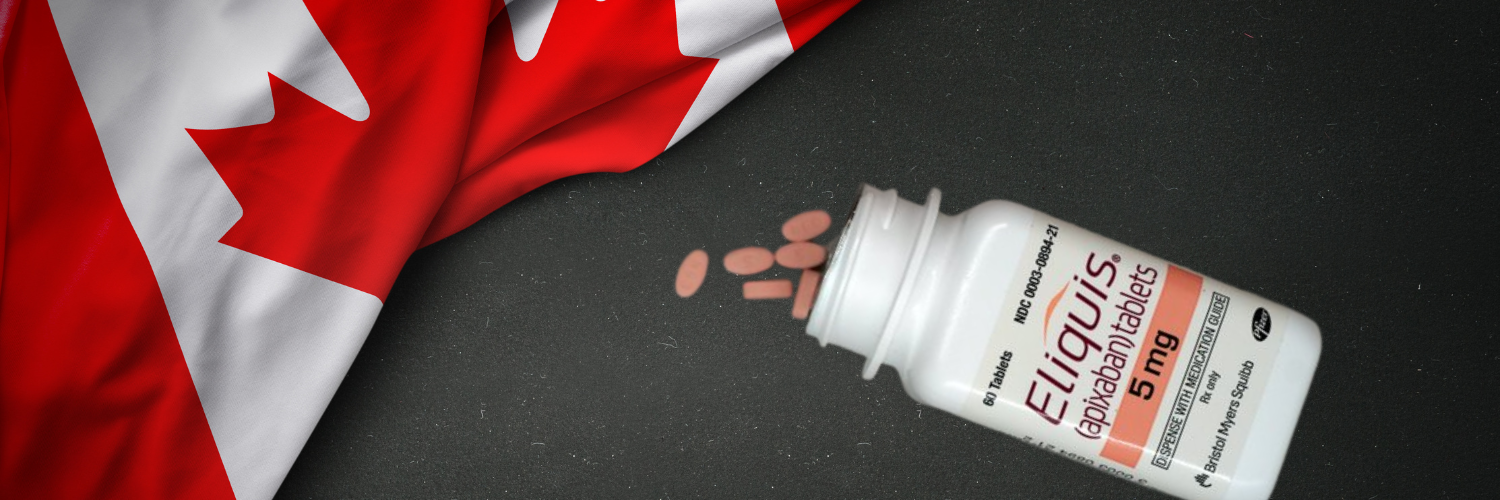Navigating Coronavirus: How to Stay Safe this Holiday Season

Of all travel seasons, holiday travel often seems the most necessary. Whether it is for the high holidays, New Year’s Eve, or just a wintry visit with your family, travel during the last three months of the year always feels important. This year, given the COVID-19 pandemic, is obviously a trickier one: Should you travel across the country to see your niblings and risk infection? What is more important: seeing your parents or staying inside?
On October 1st, the CDC released its recommendations for holiday travellers. The agency’s take: Celebrate Thanksgiving with your immediate household. If your family lives out of state, celebrate with them via a virtual family gathering.
At this time, international travel is more restricted than domestic travel. Many countries are still closing their borders to international travellers, Americans in particular. This is for good reason: An American woman who went to Germany (and did not quarantine) reportedly infected 49 people in the Bavarian town she visited.
Regardless of the CDC’s recommendations, travel is going to be hectic in November and December. (Based on anecdotal evidence, U.S. residents may all believe, come November, that they are the exception.) In 2019, Airlines for America, an airline advocacy nonprofit, projected that 47 million people would travel by plane between December 19 and January 5, 2020. Of course, that projection was pre-pandemic, The Before Times. Due to coronavirus, traveler numbers will likely fall. As is, U.S. passengers on international flights are down by 51% from 2019’s numbers. Regardless, between the quarantine fatigue and prolonged time without seeing family, the country will still see a holiday travel spike.
Currently, CDC guidance states that you should not travel if you are sick or have been around a sick person in the past 14 days. Bear in mind that we know you can have the novel coronavirus without demonstrating any symptoms. If you are immunocompromised or you live with someone who is, you should stay home.
Before you go
The CDC also recommends that you study your destination before you go. Think about the following questions:
-
What are daily numbers like at your destination?
-
Does your destination have restrictions for travellers that you might need to consider?
Also, consider your origin:
-
Are cases spiking where you live?
-
Did you come into contact with a lot of people recently?
-
Is your home considered a “hot spot”?
Travelling during a pandemic is dangerous for two reasons:
First, you may contract the virus while aboard a plane or a train.
Second, you may spread the virus from one part of the world to another.
Both factors should be considered as you prepare for takeoff.
Should I quarantine for fourteen days when I arrive?
Quarantining for fourteen days after arrival is the only way to guarantee that you do not spread the virus to the people you are visiting. A few states require travellers make this effort; make sure you’re aware of whether or not you will need to follow this rule. (Many states took up this requirement in June and July and have since loosened restrictions.) But in general, this is the safest way to travel. The fourteen days give you time to learn whether or not you have contracted a virus (not even necessarily COVID) during your travels.
How to: Train Travel
Trains are ever-so-slightly safer than planes because they have more room, approximately 25% more space per seat. Trains also follow a different model, though: They take on new passengers and drop off others throughout the journey. You may begin your journey on an empty train but end it on a packed car. Additionally, train travel will take much longer; you may not want to take the train all the way to California, glamorous as it might seem.
Amtrak, the only interstate service in the country, does offer “private rooms” for travelers hoping to be completely alone. Amtrak is also limiting reservations on the company’s trains to allow customers to social distance while on the train. As for air quality, Amtrak’s website states that its air filtration system refreshes the air in the train care every 4 - 5 minutes.
When travelling by train, it is important to:
-
Wear a face covering. Do not take off your face covering unless you are in a private room.
-
Maintain a six-foot ft social distance in both the station and the car.
How to: Plane Travel
Plane travel, though shorter, can be hairier. You may spend more time in the airport itself, a place that houses up to 300,000 people per day. Bear in mind that some places are dirtier than others. A 2018 study found that the dirtiest thing in the airport is the plastic trays used in security.
Find the best airline
Not all airlines are created equal: A truth we hold to be self-evident at this point. Nerdwallet ranked a few airlines according to their COVID safety precautions earlier this year. Delta took the top spot with Southwest coming close behind. (These are domestic airlines.) Check the airline’s safety information on the corresponding website. If you can’t find any information, beware. If the website has clear and direct information regarding their standards, you may be a little safer.
Should I drive cross-country?
Driving! Have you heard of it? It’s the new fad. The New York Times called it the “vroom boom,” as young New Yorkers started purchasing cars in the wake of COVID-19 danger on the subway. Road trips have been declared the one true way to travel during a pandemic because you can travel in your own mechanical home. Cars are indeed infinitely safer than a plane or a train because you can control your contact with others.
The trip still bears risks, though, especially if you need to crash at a hotel for a night before reaching your destination. As always, do your research. If you are going to an Airbnb, talk to the host about COVID safety measures. If you end up at a hotel, ask the same questions of the concierge. And keep wearing your mask.




